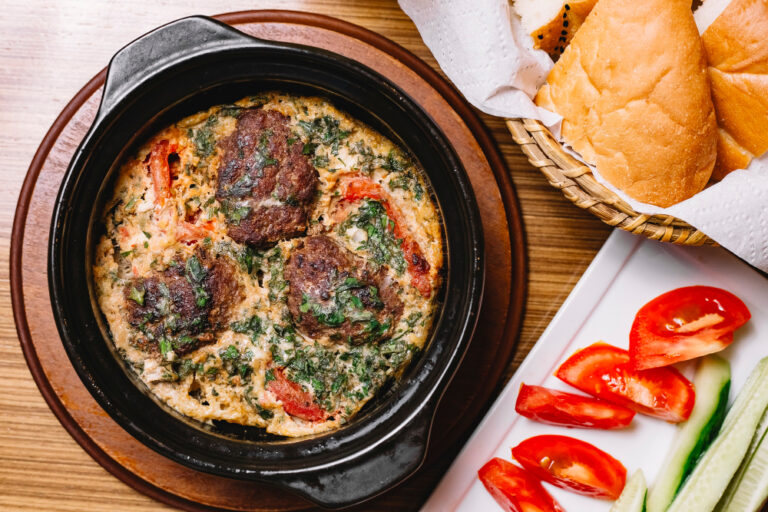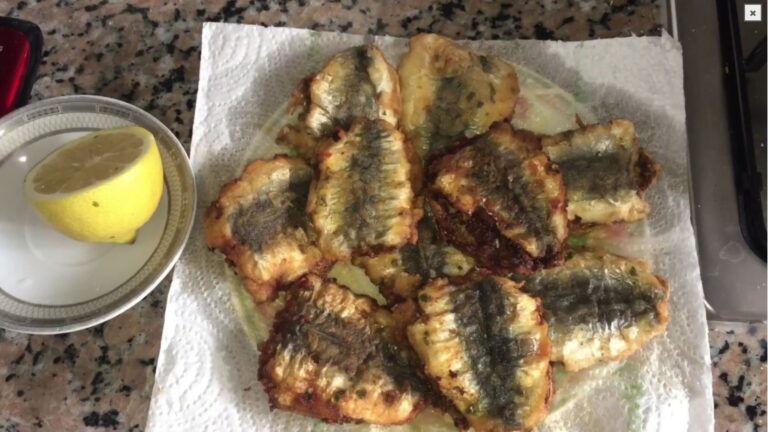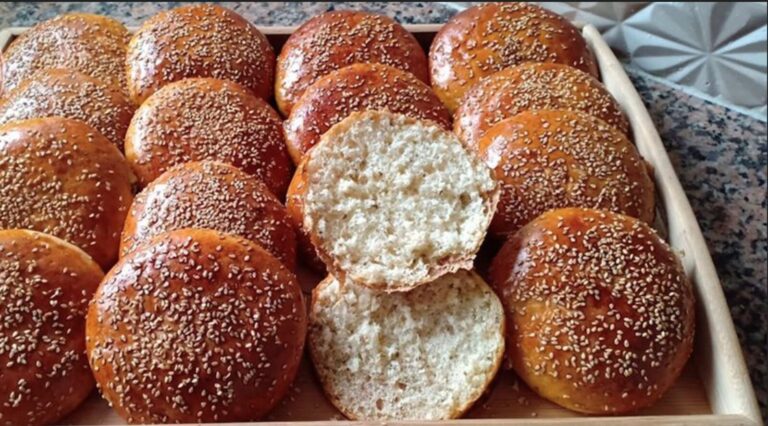

Cost of Travel in Morocco: Complete Daily Budget Guide
Morocco offers exceptional value for travelers, combining rich cultural experiences with affordable prices that make it accessible to various budget levels. Understanding the true cost of traveling in Morocco helps you plan effectively and maximize your experience without overspending. This comprehensive guide breaks down daily expenses across different travel styles and provides practical tips to stretch your budget further.
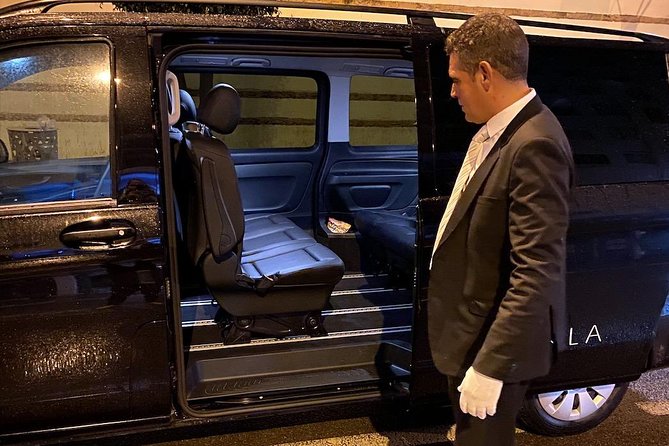
Understanding Morocco’s Currency and Payment Methods
Morocco uses the Moroccan Dirham (MAD), with approximate exchange rates of 10 MAD to 1 USD and 11 MAD to 1 EUR. Cash remains king in Morocco, especially in traditional markets and smaller establishments. While major hotels and restaurants accept credit cards, carrying cash is essential for daily expenses, tips, and souk shopping.
ATMs are widely available in cities and tourist areas, typically offering better exchange rates than currency exchange offices. Notify your bank before traveling to avoid card blocks, and consider bringing a backup card for emergencies.
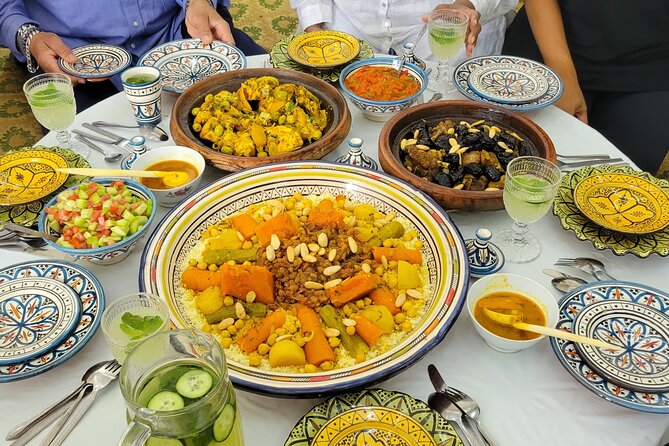
Daily Budget Breakdown by Travel Style
Budget Travel: $25-40 per day
Accommodation: $8-15 per night
- Hostels and shared dormitories: $8-12
- Basic guesthouses and riads: $12-15
- Camping in designated areas: $5-8
Food: $8-15 per day
- Street food and local eateries: $2-4 per meal
- Traditional tajines at local restaurants: $4-6
- Fresh bread, fruits, and snacks: $2-3 daily
- Mint tea and coffee: $1-2 per drink
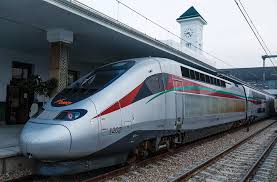
Transportation: $5-10 per day
- Local buses and shared taxis: $1-3 per journey
- Intercity buses: $5-15 depending on distance
- Walking tours and local exploration: Free-$5
Activities and Attractions: $3-8 per day
- Mosque and monument entries: $1-3
- Museum admissions: $2-4
- Haggling practice in souks: Free
- Sunset viewing from terraces: Free-$2
Mid-Range Travel: $40-80 per day
Accommodation: $20-40 per night
- Comfortable riads with private bathrooms: $25-35
- Mid-range hotels with amenities: $30-40
- Traditional guesthouses with breakfast: $20-30
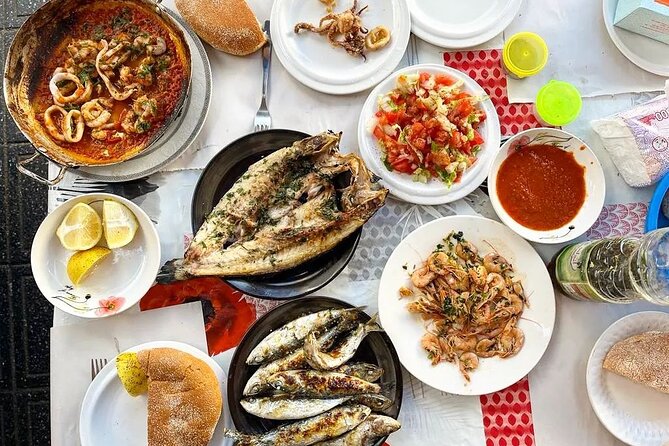
Food: $15-25 per day
- Restaurant meals with local specialties: $6-12 per meal
- Rooftop dining with views: $10-15
- Traditional cooking classes: $20-30
- Fresh juices and premium teas: $2-4
Transportation: $10-20 per day
- Private taxi rides within cities: $3-8
- Comfortable intercity buses: $10-20
- Occasional domestic flights: $50-100
- Guided day trips: $30-50
Activities and Attractions: $10-25 per day
- Guided tours of historical sites: $10-20
- Spa treatments and hammams: $15-30
- Desert excursions: $40-80
- Traditional entertainment shows: $15-25
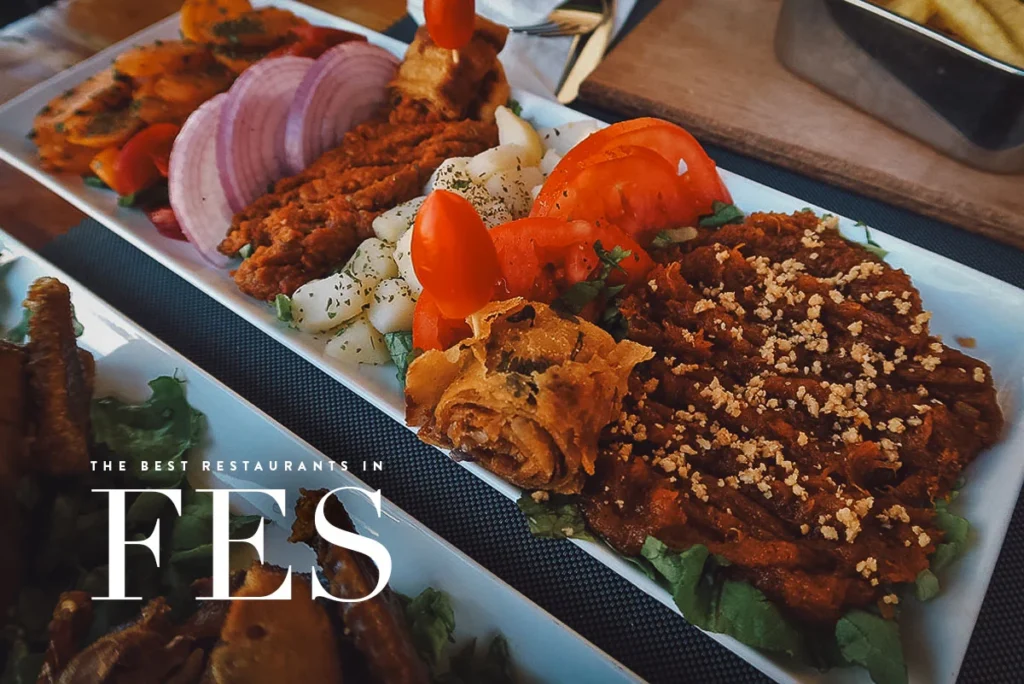
Luxury Travel: $80-200+ per day
Accommodation: $80-300+ per night
- Luxury riads with full service: $100-200
- International hotel chains: $120-250
- Exclusive desert camps: $150-400
- Palace hotels and resorts: $200-500+
Food: $30-60 per day
- Fine dining restaurants: $25-50 per meal
- Hotel dining and room service: $20-40
- Wine and premium beverages: $10-20
- Private chef experiences: $50-100
Transportation: $25-50 per day
- Private drivers and luxury vehicles: $50-100
- Domestic flights: $100-200
- Helicopter tours: $200-500
- Luxury train experiences: $300-600
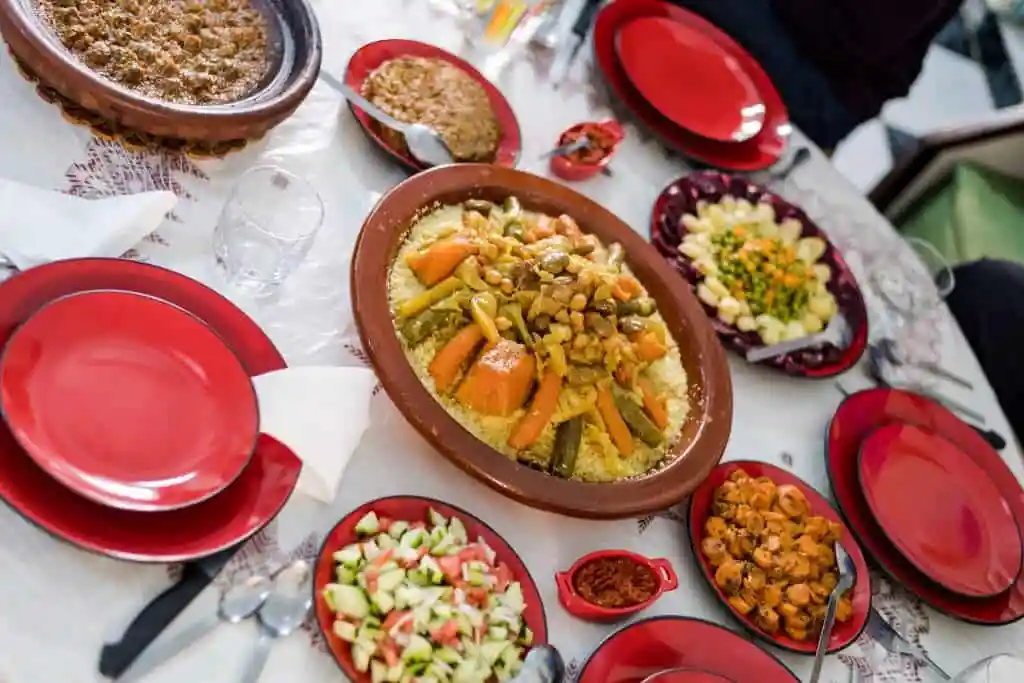
Activities and Attractions: $30-100+ per day
- Private guided tours: $50-150
- Luxury spa treatments: $50-150
- Exclusive cultural experiences: $100-300
- Golf and premium activities: $80-200
Regional Price Variations
Major Cities (Marrakech, Casablanca, Fès) Prices in tourist-heavy areas run 20-40% higher than rural regions. Popular neighborhoods like Marrakech’s Medina command premium prices, while staying slightly outside main tourist zones offers significant savings without sacrificing experience quality.
Coastal Areas (Essaouira, Rabat, Tangier) Coastal destinations typically cost 15-25% more than inland cities, particularly for seafood and beachfront accommodations. However, these areas offer unique experiences that justify the additional expense.
Rural and Desert Regions Rural areas and desert destinations offer the best value, with authentic experiences at fraction of city prices. Desert tours and rural guesthouses provide exceptional value while delivering unforgettable cultural immersion.
Atlas Mountains Mountain regions offer moderate pricing with spectacular natural beauty. Trekking and hiking experiences provide excellent value, though specialized mountain gear and guides increase costs.
Money-Saving Strategies
Accommodation Tips
Book accommodations directly with riad owners to avoid booking platform fees. Consider staying in traditional guesthouses run by local families for authentic experiences at lower costs. Negotiate longer-stay discounts for week-long visits.
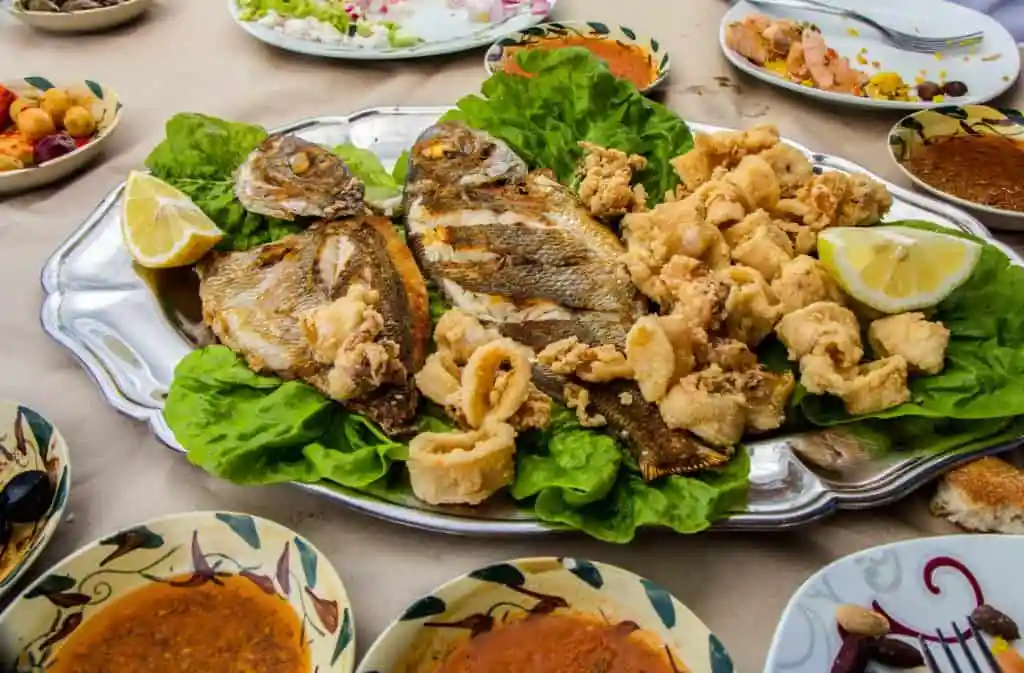
Food and Dining
Eat where locals eat for authentic cuisine at local prices. Street food offers incredible value and authentic flavors. Visit local markets for fresh fruits, nuts, and snacks. Avoid tourist-heavy restaurant areas where prices inflate significantly.
Transportation Savings
Use public transportation and shared taxis instead of private vehicles. Book intercity buses in advance for better prices. Walk whenever possible to save money while discovering hidden gems. Consider group tours for expensive activities like desert excursions.
Shopping and Souks
Master the art of negotiation in souks, where initial prices start 3-5 times higher than final prices. Purchase items in bulk for better deals. Avoid obvious tourist traps and seek authentic artisan workshops. Compare prices across multiple vendors before purchasing.
Hidden Costs to Consider
Tipping Culture Tipping is expected in Morocco across various services. Budget 10-15% for restaurants, $2-5 daily for hotel staff, and $5-10 for tour guides. Small tips for helpful locals, bathroom attendants, and shoe guards add up throughout your trip.
Tourist Taxes and Fees Some cities impose tourist taxes of $1-3 per night. Monument photography fees range from $2-5. Guided tour gratuities are customary even when tours are prepaid.
Seasonal Price Fluctuations Peak season (October-April) sees prices increase 30-50% for accommodations and tours. Shoulder seasons offer the best value with pleasant weather and moderate crowds. Summer months feature lower prices but challenging weather conditions.
Budget Planning Tools and Tips
Daily Expense Tracking
Use budgeting apps to track spending in real-time. Separate essential expenses from discretionary spending. Allocate contingency funds for unexpected opportunities or emergencies.
Pre-Trip Preparation
Research current exchange rates and factor in fluctuations. Book major expenses like accommodations and tours in advance for better rates. Set realistic daily budgets based on your travel style and priorities.
Emergency Fund Considerations
Maintain emergency funds equivalent to 3-5 days of expenses. Keep emergency money in multiple locations and formats. Consider travel insurance for medical emergencies and trip disruptions.
Conclusion
Morocco offers remarkable value across all budget levels, from backpacker-friendly adventures to luxury experiences. The key to successful budget management lies in understanding local pricing, embracing cultural experiences, and balancing comfort with authenticity. By following these guidelines and remaining flexible with your spending, you can experience Morocco’s rich culture, stunning landscapes, and warm hospitality without breaking the bank.
Remember that the most memorable experiences often come from authentic interactions with local people and culture rather than expensive tourist attractions. Morocco rewards travelers who approach it with open minds and realistic budgets, offering transformative experiences that provide exceptional value for every dollar spent.

